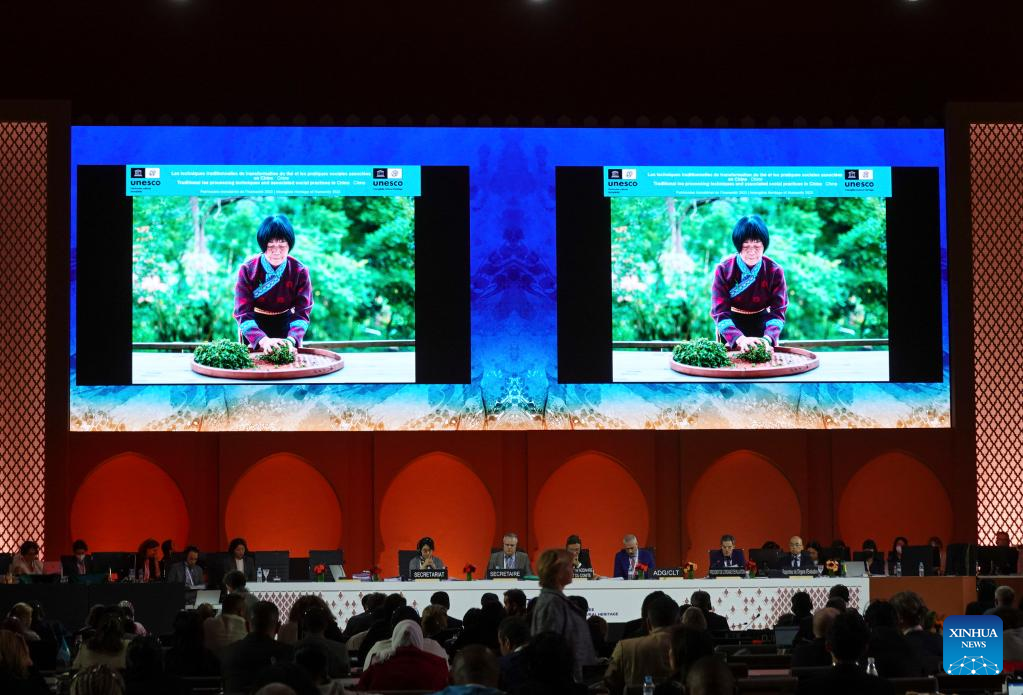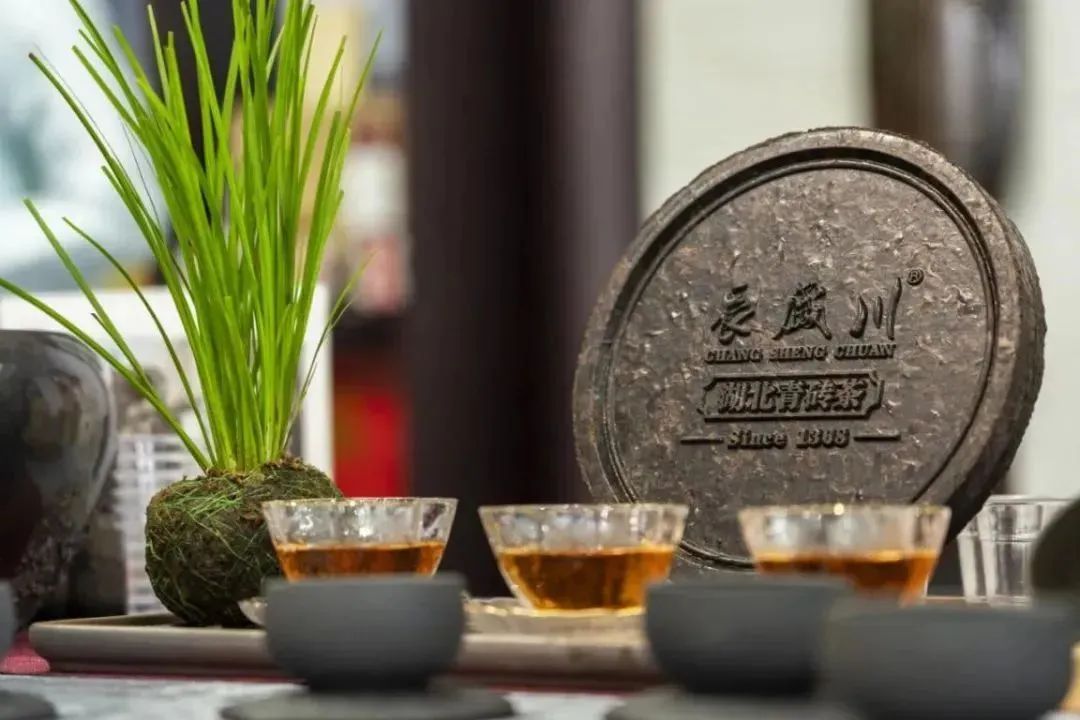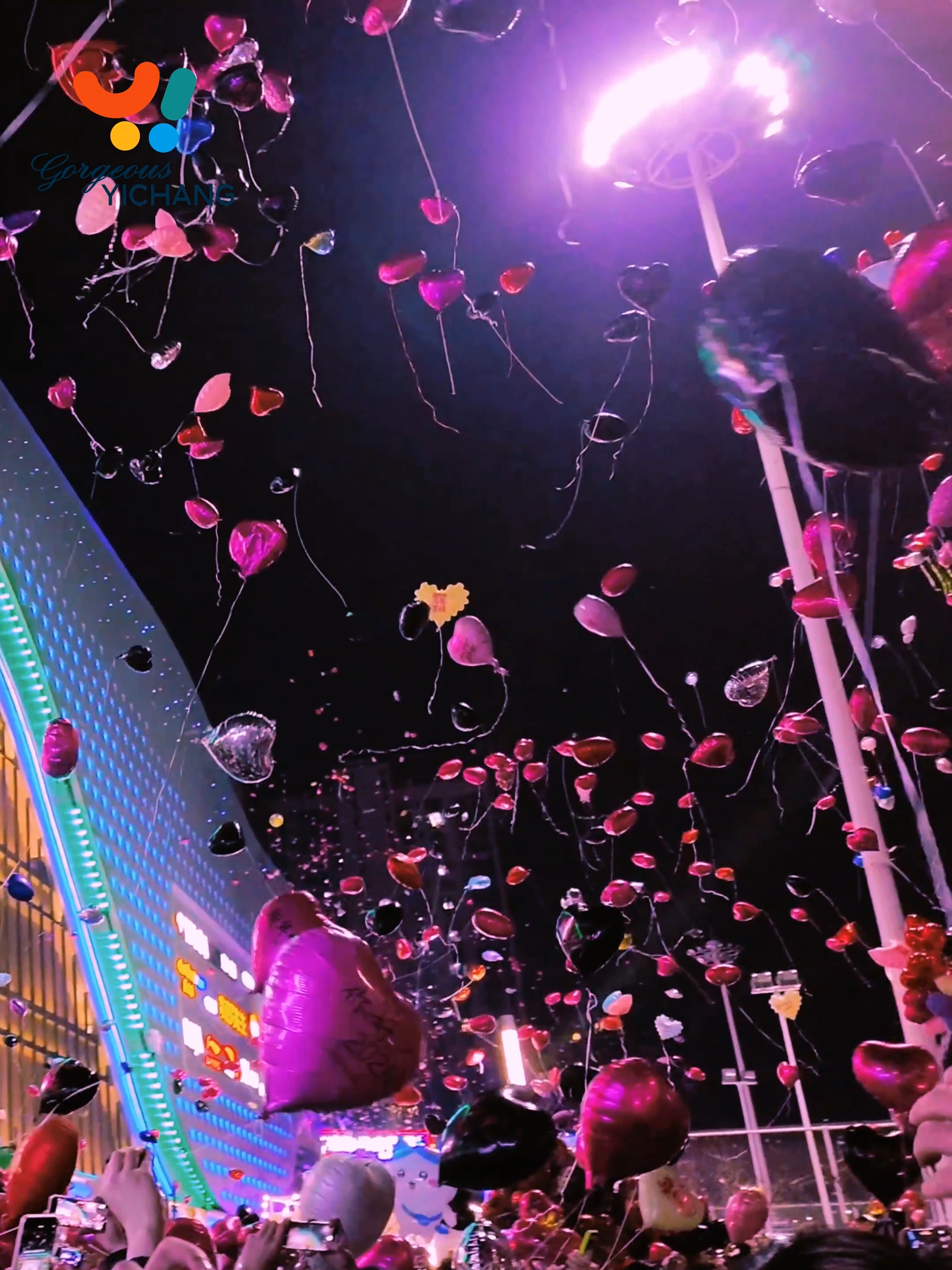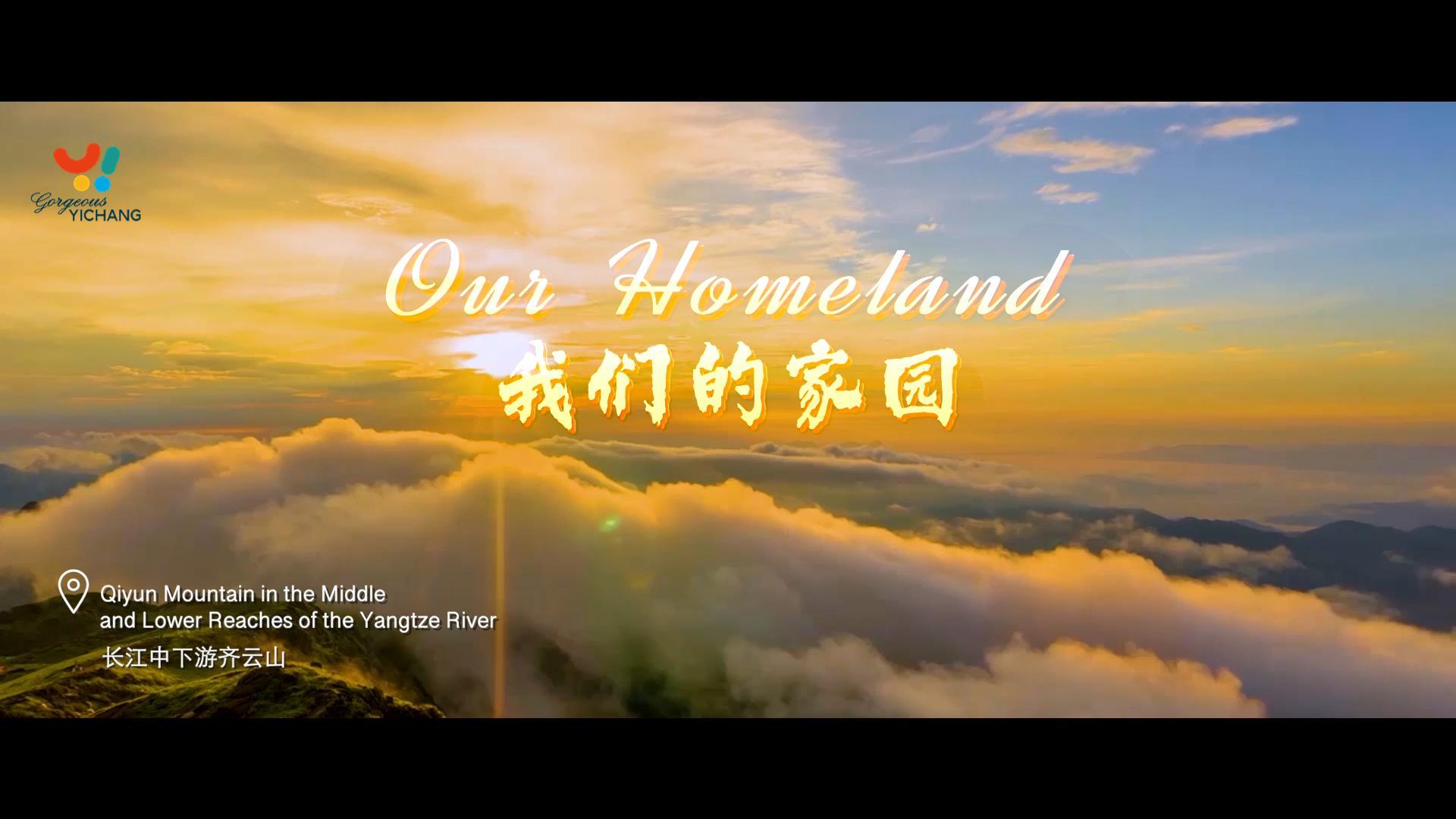Yichang tea helps China's traditional tea-making enter UNESCO cultural heritage list
Traditional tea processing techniques and associated social practices in China were added to the intangible cultural heritage list of the United Nations Educational, Scientific and Cultural Organization (UNESCO) on November 29. Yichang‘s Changshengchuan black tea was involved in the application.

Yichang, an important transportation hub and the birthplace of many kinds of tea, boasts historic Tea Road sites such as the "Zhenjiang Pavilion" and "Zhenchuan Gate". The Tea Road was an international trade route passing through 19th century China, Mongolia and Russia. Huge quantities of tea were transported from China to Europe via Siberia along this route.
Yichang is the home of Changshengchuan black tea, sold in brick form, which was first sold overseas more than 600 years ago.

Changshengchuan black brick tea is a nutrient-rich tea made from fresh tea leaves grown in the Wuling Mountains and refined into tea through six core processes. The tea leaves are pressed into tea bricks. Changshengchuan black brick tea has the highest density of all compressed teas. The compression process ensures that the color, aroma and taste of the tea are preserved against moisture for a long time. The word "Chuan" (Chinese character川) is embossed on the surface of the tea brick as a security mark and a cultural symbol.
Yichang is connected to 20 UNESCO-listed cultural items, including the Chinese Dragon Boat Festival, which was added to the Intangible Cultural Heritage List in 2009.
Overall, China has 43 items on the UNESCO Intangible Cultural Heritage List, more than any other country.
A total of 15 Chinese provinces and cities representing 44 projects took part in the 17th session of the UNESCO Intergovernmental Committee for the Safeguarding of Intangible Cultural Heritage in Rabat, Morocco.






